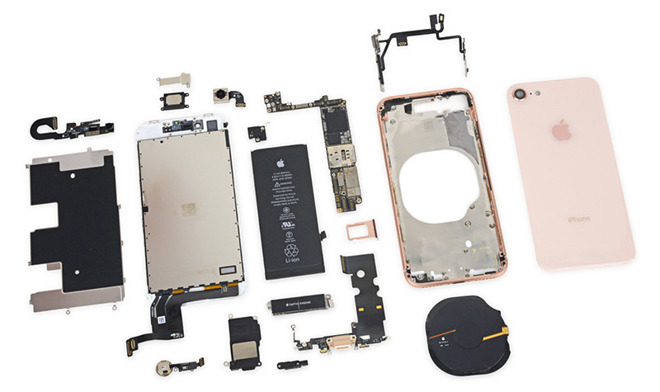This afternoon, a report hit the web that high school interns were illegally employed at Foxconn's factories, specifically on the lines where the new iPhone X was (and still is) being assembled. The information came from the American newspaper Financial Times, which also managed to get an official statement from Apple. She confirmed this news and added some additional information. However, according to representatives of Apple, it was not an illegal act.
It could be interest you

The original report says that these interns significantly exceeded the working hours they were originally supposed to work at the factory. There were more than three thousand students who were here to learn as part of a three-month experience program.
Six students told the Financial Times that they routinely worked eleven hours a day on the iPhone X assembly line at a factory in the Chinese city of Zhengzhou. This practice is illegal under Chinese law. These six were among the roughly three thousand students who went through a special internship during September. The students, who were 17 to 19 years old, were told that this was a standard procedure they had to go through in order to graduate.
It could be interest you

One of the students confided that on one line up to 1 iPhone X in one day. Absence during this internship was not tolerated. Students were allegedly forced into this work by the school itself, and thus people started internships who did not want to work in this field at all, and this type of work was completely outside their field of study. This finding was subsequently confirmed by Apple.
During the control audit, it was found that students/interns were also involved in the production of the iPhone X. However, we must point out that it was a voluntary choice on their part, no one was forced to work. Everyone got paid for their work. However, no one should have allowed these students to work overtime.
The legal hourly limit for students in China is 40 hours per week. With 11-hour shifts, it is very easy to calculate how much more the students had to work. Apple conducts traditional audits to check whether its suppliers comply with basic rights and principles according to local laws. As it seems, such controls are not very effective. This is certainly not the first such case, and perhaps no one has any illusions about how it works in China.
Source: 9to5mac